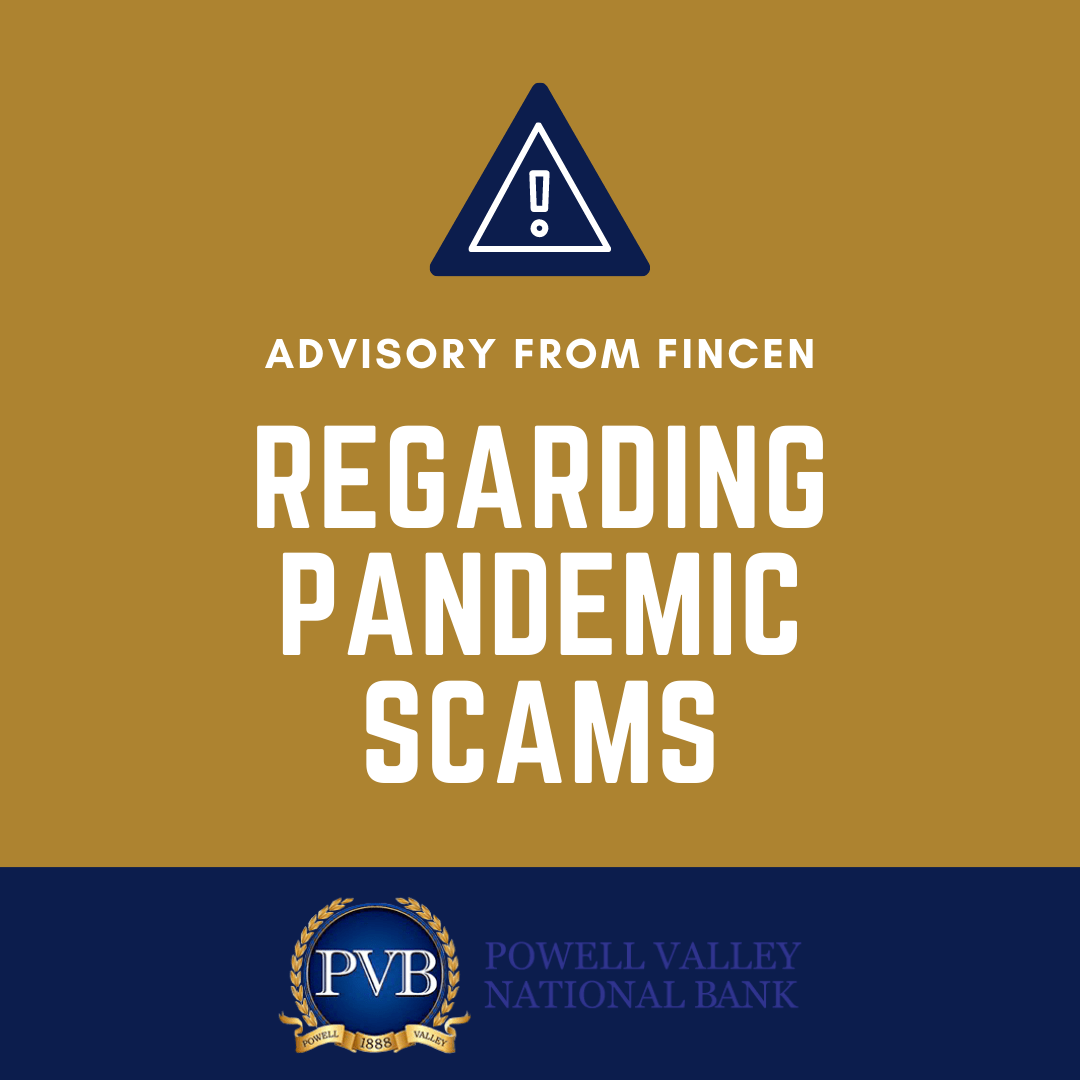A recent advisory from the Financial Crimes Enforcement Network (FinCEN) details pandemic-related impostor schemes and money mule scams targeting American consumers. Summarized by PCBB, below are some red flags to be aware of:
- Contact from an alleged government representative to verify, process, or expedite an individual’s economic impact payment.
- Receipt of what seems to be a check or prepaid debit card from the US Treasury, but has suspicious characteristics. For example, the stimulus check may be smaller than expected or recipients may be given an email or phone number to contact and “confirm” their personal information, purportedly to get the rest of the benefit.
- Official-looking correspondence from an email address that doesn’t match the name of the sender or uses “.com” or “.biz” instead of “.gov” or “.mil,” which are official government domains.
Don’t Fall For It
To avoid falling victim to Coronavirus-related cyberattacks:
- Educate yourself and others about Coronavirus-themed scams.
- Slow down, and avoid clicking on links in emails from senders you don’t recognize. Instead, visit websites directly by typing the URL in your browser’s address bar, or search for websites on Google.
- Only share and use authentic websites. For example:
- Review these tips for verifying the authenticity of emails and avoiding phishing scams from the American Bankers Association.
- If you receive a Coronavirus-related phishing email, report it to the BBB.
Remember:
Powell Valley National Bank will not send you an email requesting your account information, loan information, debit card information, etc. to set you up for online banking.





